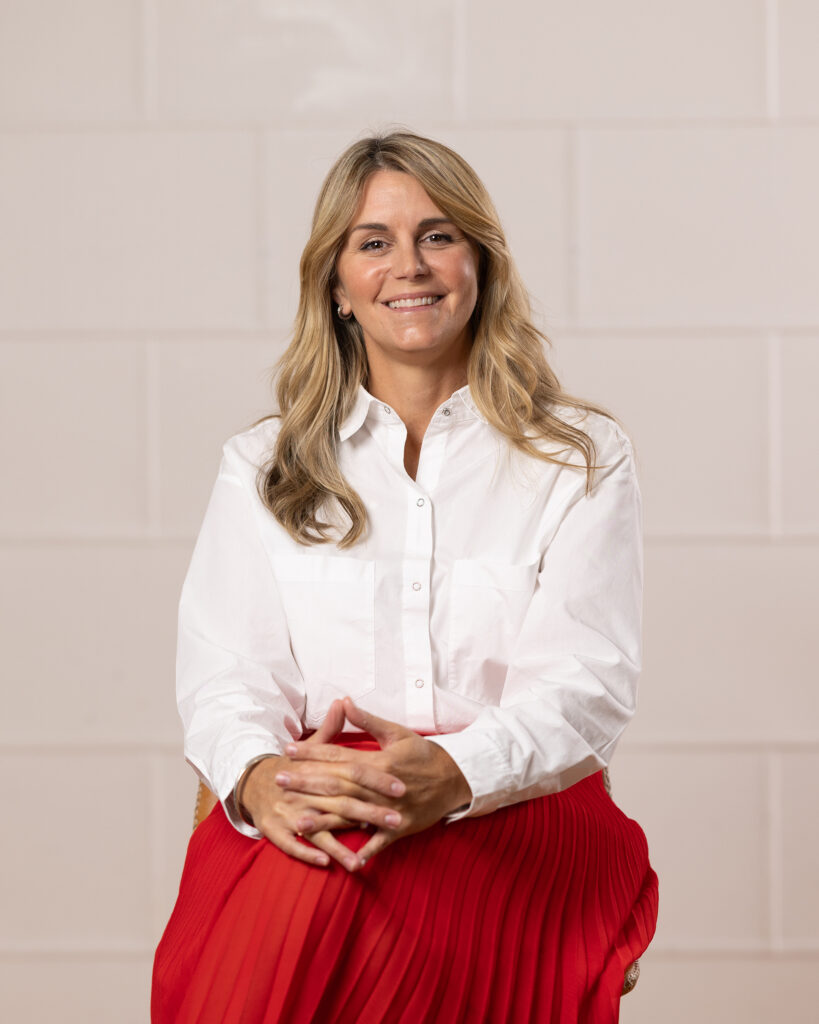At a time when trust in Australia’s formal early childhood education and care system is falling, parents are increasingly on the hunt for more control amid rising fees and waitlists.
Looking to address these structural issues, one online platform is offering a solution to put parents back in the driver’s seat of their child’s care.
Launched in 2018, Nanny Granny is an online connection platform pairing families seeking affordable child care with mature-age caregivers, such as retired mums, teachers and nurses. For Australia’s older generation of women, most at risk of falling into homelessness, they have the opportunity to earn quality income from meaningful work.
The platform allows parents more choice and control over who is looking after their child, while also taking into account the financial aspect of such a decision. It’s completely free for Nanny Granny’s to join and customers pay a limited fee to access the network.
As of 2024, 75 per cent of long-day care centres are for-profit, up from just 56 per cent in 2013. Research has also shown that for-profit providers typically deliver lower quality care while charging higher fees.
“As a childcare provider, the challenge that we’ve held on to tightly from the beginning is how we make it super affordable so it can scale and help as many people as possible, but high quality as well. Trust has always been at the heart of what we offer,” the co-founder of Nanny Granny, Paige Kilburn tells Women’s Agenda.

In recent weeks, safety regulations in Australia’s childcare system have come under particularly intense scrutiny, with many advocates calling for change, including a National Early Childhood Commission to deliver accountability and national standards.
There’s been problems with Australia’s Working with Children Check being managed at a state-by-state level, and Kilburn has said Nanny Granny would love to see the Check replaced with a national framework. They’d also love to see the Child Care Subsidy reform include home-based intergenerational care, as currently the funding is being funnelled into child care centres.
“Trust and safety is the most important thing,” says Kilburn, adding that this issue has been bubbling within the childcare system for too long.
“If the system isn’t robust enough, then you get predators taking advantage,” she says, noting that the way Granny Nanny manages this “ is to put parents in control”.
The business has Nanny Grannies from around the world with valid Working with Children Checks, but Kilburn says they recognised straight away that this cannot be the sole source of safety for children.
What many parents don’t realise, she says, is that the Working with Children Check is quite basic in that it simply “clears people of having any police record or nefarious background that’s publicly known”.
While this kind of check is important, Kilburn says Nanny Granny offers more than that through support systems to help put parents in control of all the decisions.
“We sit as a facilitator, supporting you with information,” she says. “So yes, they’ll have a working with children check, and many of them have a lot more.
“Our concept is that carers have decades of real life experience, so if you’re talking to a mum who has close, healthy relationships with her kids, there’s a certain amount of credibility that comes with that as well.”
Nanny Granny provides parents with safety guidelines on their sight, as well as a blog and content hub on how to interview nannies effectively.
Over the seven years the site has been in business, Kilburn says what she hears most from parents is the “unexpected relief” they get from having one of their candidates take care of their children, as often they’re a retired or semi-retired mum.
“They see the world through the lens of a mum,” Kilburn says about the nannies.
“It’s those little extras that, particularly for working mums, they’re just so grateful for. They come home and a Nanny Granny might have seen the washing was on the line and it was about to rain, so they brought it in.”
“You don’t tend to get that kind of approach to childcare from potentially a younger professional nanny who might be more qualified in some of the fundamentals of education.”
“There’s something about the way a mum sees the world.”
Unpaid caregiving contributes $77.9 billion each year to the Australian economy, and it is work that’s often undertaken by women.
It’s this value of lived caregiving experience that Kilburn hopes Australia can learn to embrace when it comes to solving the childcare crisis.
“I don’t think many people would argue that the caregiving most women provide to children is central to our way of life,” she says. “It’s one of the most valuable services that someone can offer in life.”


